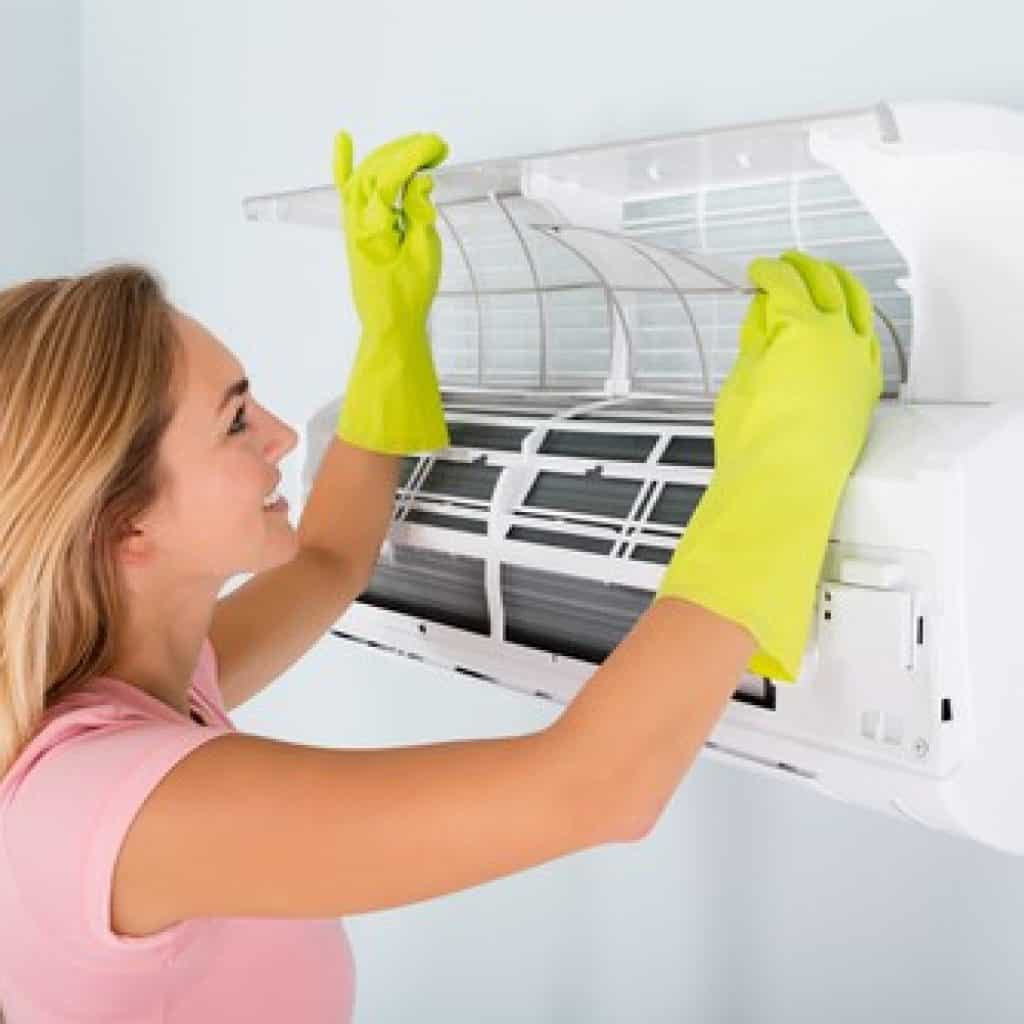
In recent weeks, the National Weather Service issued heat watches, heat warnings, and heat advisories across alot of the USA, including the east coast, the Plains states, and the midwest. The combination of heat and humidity across numerous states have sent heat indices upwards of 100 degrees Fahrenheit. The bad news is that August, typically the hottest month of the year, is now here.
According to the Centers for Disease Control and Prevention, extreme heat kills more than 600 Americans a year on average, so you can hardly be blamed for cranking up the air conditioning during this heat wave. But depending on where you live, that precautionary measure could cause your electricity bills to skyrocket as well.
Here are some ways consumers can reduce the cost of air conditioning no matter where you live.
First of all, check the settings on the unit. Every degree colder you set the A/C will cost you in the long-run, but temperature isn’t the only setting consumers should be concerned about. Some people leave the circulating fan on all the time. The fan itself uses quite a bit of power. Circulating fans can also cause cool air to leak out of the home, which causes the system to work harder to keep the temperature low.
Regularly checking the air conditioning settings is also important to ensure the unit is working properly. Change your patterns at home; leaving curtains or blinds open when direct sunlight is coming through a window will raise the internal temperature of the home. In addition, cooking on the stove inside rather than on an outside grill can also drive up cooling costs. Keep A/Cs in working order by regularly replacing filters, cleaning ducts, and ensuring that air flows out of vents without any obstruction too.
Have you checked to be sure that you have the right size unit for your home? An oversized HVAC system will require a lot of power to drop the temperature quickly and may frequently cycle between powering on and off, driving up energy costs. On the other hand, an undersized air conditioner could be forced to run constantly to keep the home at the desired temperature.
This should be a given, but definitely replace old air conditioners. Air conditioners degrade in efficiency about 5% every year. If you have a 20 year old AC system, it is probably not working as well for you and your home anymore. That inefficiency drives up costs for sure. Newer AC units are designed to be more energy efficient, which will likely bring additional savings in your pockets.
Lastly, ask your local utility company to perform a home inspection. A home inspection from a gas or electric company is free in most states. Those inspectors can make sure that the electricity or gas meter is functioning properly and determine if the air conditioning unit is running properly. They can check for leaks in the system that could be wasting energy, not to mention money as well.
